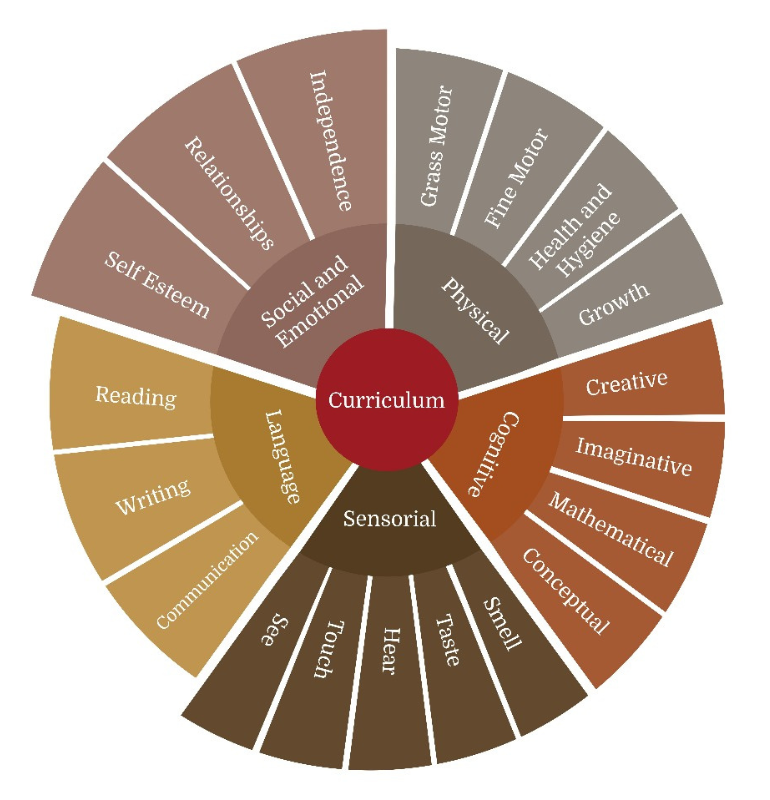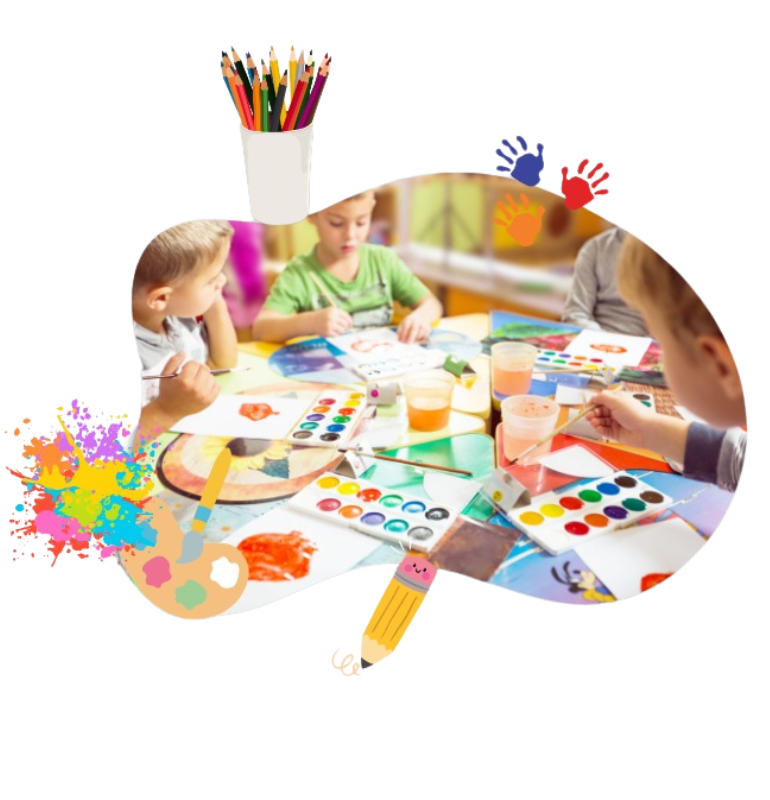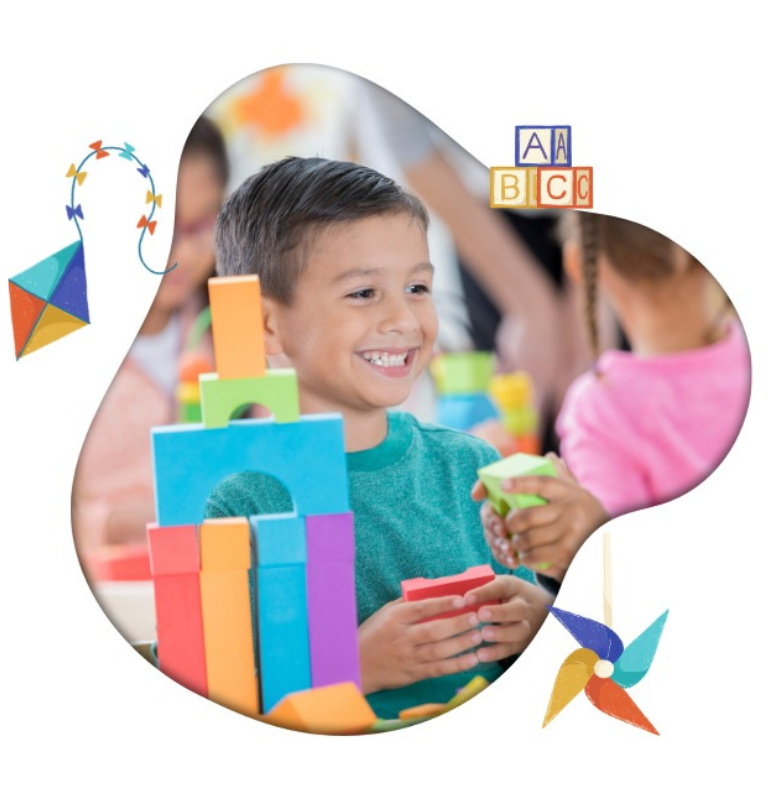With added emphasis on parent-teacher paricipation, sensorial learning, imaginative play and most importantly, a whole lot of fun, our children grow into inquisitive, independent and all-rounded kindergarteners who love to engage and interact with the world around them.


Our strict teacher-child ratios ensure individual attention and allow for the right balance between self-directed and guided learning techniques
Routines and structure are maintained to impart important life skills like self-control, turn-taking, discipline, etc.
Exposure to local languages is encouraged to promote inclusiveness and cultural rootedness
A strong emphasis is put on arts & crafts as a medium of learning to ignite creativity and encourage the freedom of expression
A strong emphasis is put on arts & crafts as a medium of learning to ignite creativity and encourage the freedom of expression
At Athena, we follow the International Early Years Foundation Stage methodology, which covers learning, growth and the overall holistic development of a child. The EYFS statutory framework focuses on 7 Areas of Development.

Monday to Friday: 7:30am – 02:00pm
Saturday : 9am – 12pm , Sunday: Closed